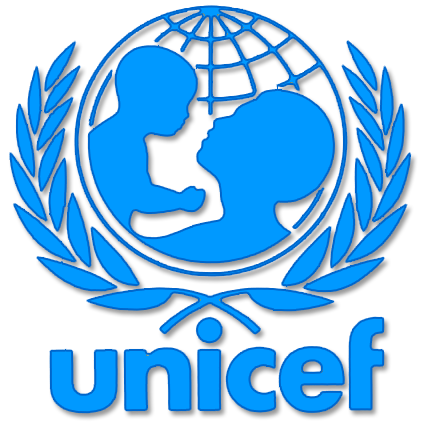 A research by the United Nations Children’s Fund has shown that children in Ghana experience the seventh highest rate of “violent discipline” in the world.
A research by the United Nations Children’s Fund has shown that children in Ghana experience the seventh highest rate of “violent discipline” in the world.
To this end, as the World commemorates the International Day for Non-Violence, Challenging Heights, a Non-governmental Organization (NGO) that envisions a world where the rights of every child to education and a family life are realized, has called on schools and families to refrain from subjecting children to all forms of violence.
The NGO has also condemned all forms of violence, corporal punishment in all schools and homes against children.
A statement signed by Mr David Kofi Awusi, Advocacy Manager, Challenging Heights and copied to the Ghana News Agency on Tuesday, said every day hundreds of children suffer violence in Ghana.
“And the most common forms of violence against children are child labour, child trafficking, domestic slavery and an outdated culture of disciplining children by corporal punishment.”
The statement said there was good evidence showing that inflicting pain through corporal punishment as a way of disciplining children was a very weak method for correcting wrong behaviour compared to other methods.
“Contrarily, existing evidence shows that corporal punishment leaves emotional and psychosocial scars on victims, reduces mental development and school performance, and is likely to make children more violent,” it said.
The statement recalled the case of a 15-year old boy who dropped out of school and shortly afterwards was trafficked to work as fisher boy on Lake Volta.
“He dropped out of school due to several beatings he endured at the hands of teachers, one of which left him partially blind in one eye.
Driven away by violence, the boy spent over two years in child labour, enduring all forms of abuses at the hands of cruel and greedy traffickers,” it said.
The statement called on citizens to learn alternative behavioural management approaches rather than resorting to the primitive use of inflicting pain as a way of instilling discipline.
Source: GNA























